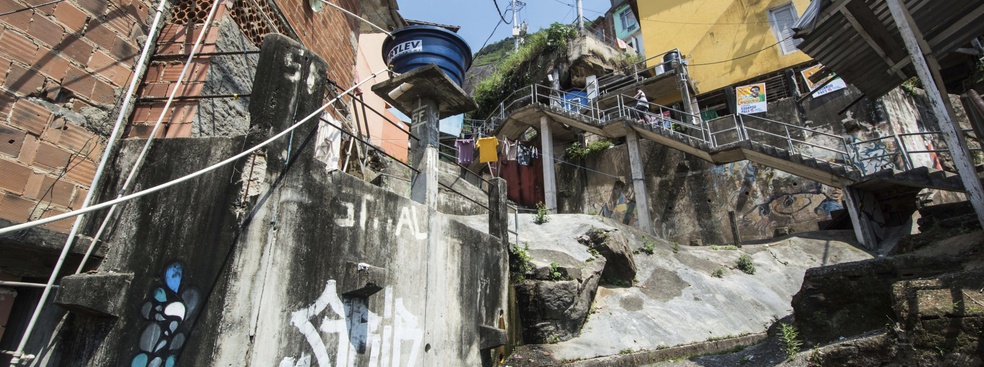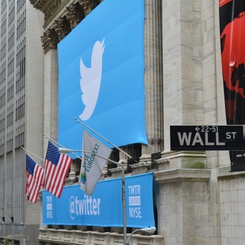Some ten years have passed since the BRICs – Brazil, Russia, India and China – were first singled out as the world’s fastest growing economies. True to form, Brazil boasted incredible, double digit growth from most of the 2000s. But as the tables turn and investment trickles back towards the developed world, will the emerging market boom suddenly turn to bust? Will Brazil now descend into a crisis of its own?
“For sure, Brazil is showing all the signs of a slowdown,” says ProfessorLorenzo Naranjo. “The fall in commodity prices and the withdrawal of foreign investment have raised concerns and revealed a huge current-account deficit. The fall of Eike Batista from the ranks of billionaire to very risky millionaire paints a pretty clear picture of what is going on in the region.”
Most analysts, and Professor Naranjo among them, have been expecting this turn of events: Massive growth cannot go on indefinitely and as momentum picks up again amongst the developed economies, a slowdown in the developing world is normal, even maybe desirable. The real question is: was the slowdown sufficiently anticipated within Brazil?”
Strong enough to weather the storm
As growth slows, President Dilma Rousseff has responded with tax breaks and credit subsidies, which has not only failed to revive Brazil’s sluggish economy, it has also made the country’s fiscal matters worse. And as Rousseff bids for a second term and tries to cement her popularity, it’s unlikely that she’ll make the spending cuts necessary to stabilize the situation. The huge expense of hosting the 2014 World Cup is coming at a bad time and many analysts have suggested the country may be headed towards a credit downgrade in 2014.
“Like many governments in periods of economic boom, Brazil has spent as if the boom would never end and now they will find themselves in a tight spot,” says professor Naranjo. “That said, we’re a far cry from the situation 10 years ago. In the 1990s, Brazil was a total disaster in terms of inflation. In bad times, the Real could depreciate by several percentage points in just the span of a week. Brazil is stronger today and better equipped to weather a storm.”
“A lot of development is still needed and normally this type of slow down phase would be a good time to improve infrastructure and spread development. The World Cup is causing a lot of problems in that respect: the public –and especially those poorer populations who have not yet seen much change in their day to day lives – is angry that their government finally has money to spend, and it’s spending on a one-time event that probably won’t leave an economic legacy.”
Still a land of opportunity
The story of the emerging economies has suddenly turned to “doom and gloom”, but Professor Naranjo warns against getting caught up in the mood. Let’s not forget that when expectations low it can be a great time to invest.
“When prices are low it’s the perfect time to invest. And although it’s a very particular market and you need to know the language, I still say South America is a land of opportunity, especially for young business graduates,” he says. “Plus, I see many signs of renewed strength in the future as Brazilian companies continue to invest outside of Brazil.”









